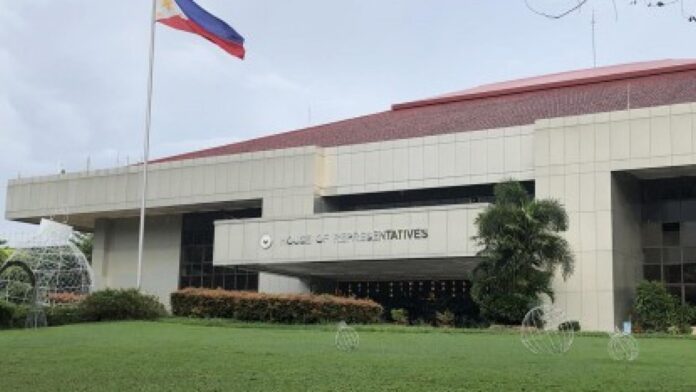The chair of the House Committee on Energy on Friday pushed for the extension of the corporate life of the Power Sector Assets and Liabilities Management Corporation (PSALM) to avoid “serious fiscal consequences” for the government.
Pampanga (2nd District) Representative Juan Miguel Arroyo said the government may have to shoulder PHP198 billion in debts from PSALM’s liabilities unless its corporate life, which is expiring on June 26, 2026, is renewed.
House Bill 10006 proposes to extend the government corporation’s charter for another 50 years, or until June 26, 2076.
“The government must not wait until the next administration to extend PSALM’s corporate life,” he said in a statement.
Republic Act No. 9136, otherwise known as the Electric Power Industry Reform Act (EPIRA), was enacted in 2001 to ensure the solvency of then severely financially troubled National Power Corporation (NPC).
PSALM, which was established through the EPIRA, has the principal mandate of managing the orderly sale, disposition, and privatization of the NPC generation assets, real estate and other disposable assets, and Independent Power Producer (IPP) contracts to optimally liquidate all NPC financial obligations.
The financial obligations include stranded debts and stranded contract costs, which were transferred to and assumed by PSALM, pursuant to the EPIRA.
At the end of PSALM’s life, all its assets and outstanding debts, and IPP contract costs will revert to and be assumed by the national government.
“The remaining five years of PSALM’s corporate life may not be enough to complete the framework for the national government’s plans for its assets,” he said.
He said there are remaining power assets and real-property assets that need to be privatized by PSALM, and that the extension of its corporate life would allow more time for it to complete the privatization of its remaining power plants and IPP contracts.
House Ways and Means Committee chair, Albay (2nd District) Representative Joey Salceda, said the Covid-19 pandemic has delayed the privatization efforts of PSALM.
“If PSALM’s debt is not isolated from those of the national government, however, we would see an instant increase in the national government debt stock of at least P198 billion, given the delays in the privatization efforts,” Salceda said in another statement.
Salceda noted that unless PSALM’s privatization thrust is completed, this reversion is a potential financial risk that could affect the country’s credit standing and the national government’s overall fiscal health.
He said that certain privatization efforts are also in imminent need of a longer PSALM corporate life.
He cited as an example the proposed development of the NPC property in Diliman, Quezon City into a mixed-use commercial complex, which would warrant the corporate life extension of the state-run corporation.
“The development blueprint initially cast for the 5.195-hectare NPC property aims to convert it into a mixed-use commercial strip patterned after the business district metamorphosis of Fort Bonifacio Global City. Because of the Covid-19 pandemic, re-adjustments have to be incorporated in the earlier crafted privatization design for that real estate asset,” Salceda said.
He said the Diliman property could take at least a decade before it realizes its promise as a revenue-driver for the PSALM.
“Considering this and similar developments, it is in the fiscal interest of the state to extend the corporate life of the PSALM, to keep the national government insulated from its stranded debts, and to ensure that the corporation can pursue its fiscally positive plans,” Salceda said. (PNA)


